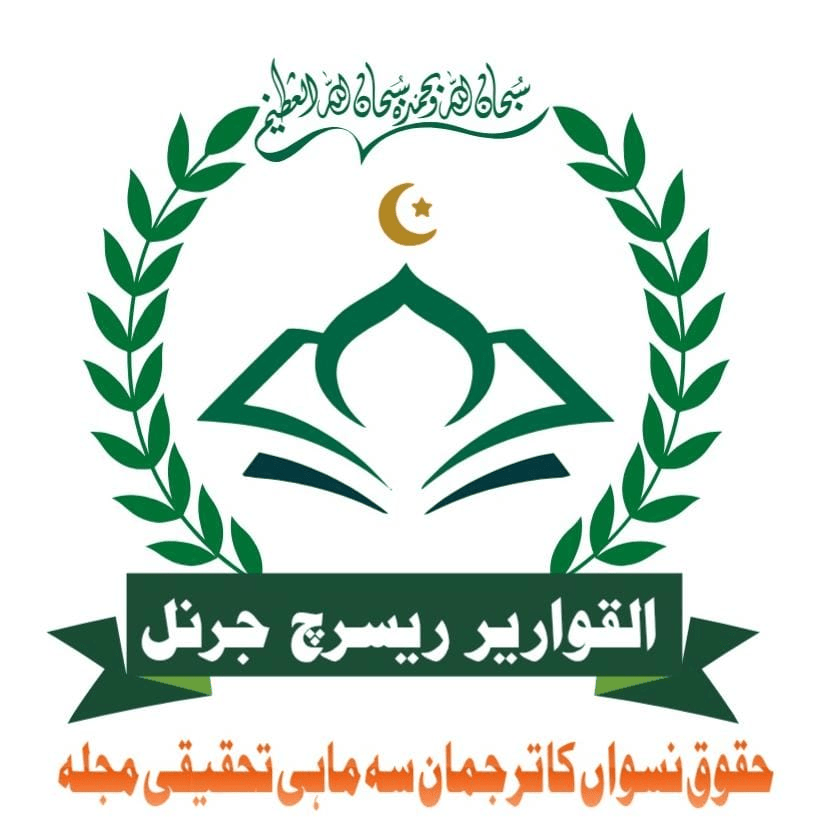معاش نبوی پر تحریر کردہ منتخب(۱۹۹۶ءتا۲۰۲۴ء)اردو کتب کاتحقیقی جائزہ
A Research Review of Selected Urdu Books written on the Livelihood of the Prophet SAW (1996-2024)
DOI:
https://doi.org/10.1000/7ybcjh60Keywords:
Islamic Perspective, Livelihood of Prophet SAW, Urdu Books, Makki Reign, Madni ReignAbstract
Islam provides a comprehensive framework encompassing religious beliefs, acts of worship and ethical principles also. In addition to these aspects, Islam also offers explicit guidelines on economic affairs, prescribing formal directives regarding financial matters. The economic principles outlined in Islamic teachings extend to all individuals, including those engaged in physical and manual labor. The economic practices of the Prophet Muhammad (SAW) serve as a significant model in this regard, as he also provided guidance for laborers who earn their livelihood through physical exertion. The subject under discussion holds particular academic significance due to its association with the economic practices of the Prophet (SAW). While numerous books and articles have been published on the economics of the Prophet (SAW), but the examination of Urdu literature on this topic remains an emerging area of research. Linguistically, the term "livelihood" refers to sustenance and the means necessary for survival, encompassing the resources required for food and drink upon which life depends. This article conducts a critical analysis of approximately nine Urdu books that focus on the life aspects of the Prophet’s (peace be upon him) life. The study employs both narrative and analytical research methodologies to assess these works within the specified thematic scope.
Downloads
Downloads
Published
Issue
Section
License

This work is licensed under a Creative Commons Attribution-NonCommercial-NoDerivatives 4.0 International License.




